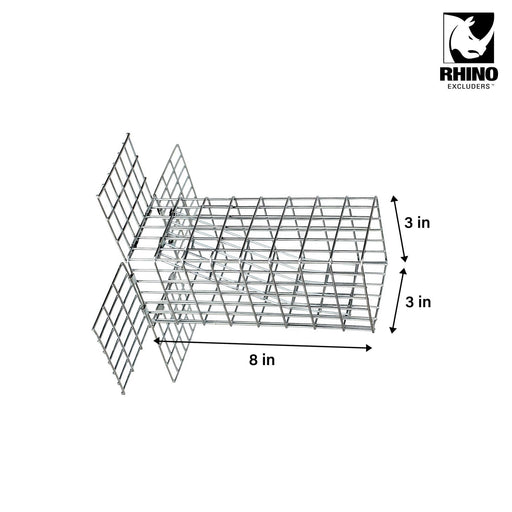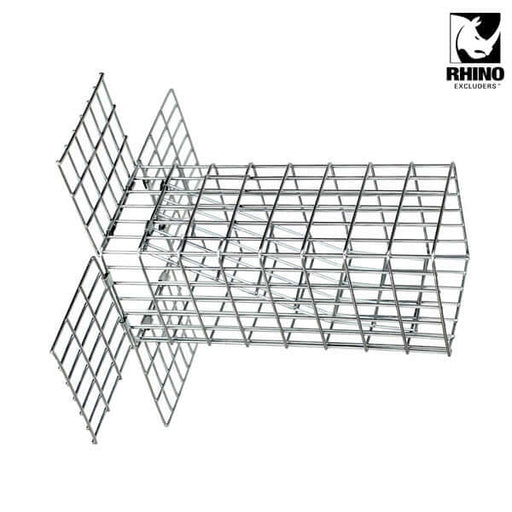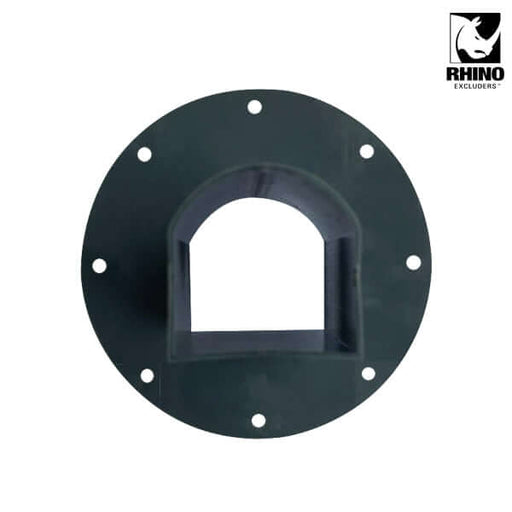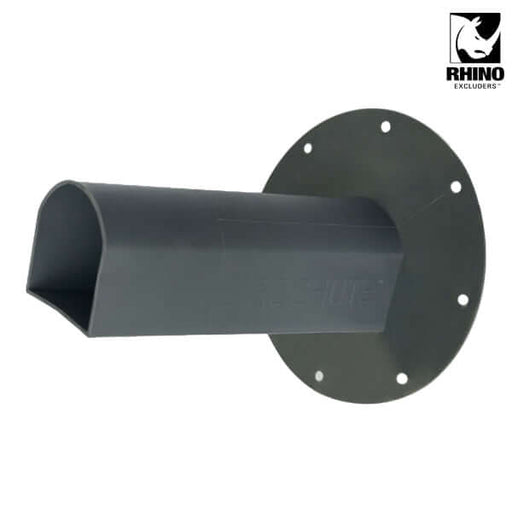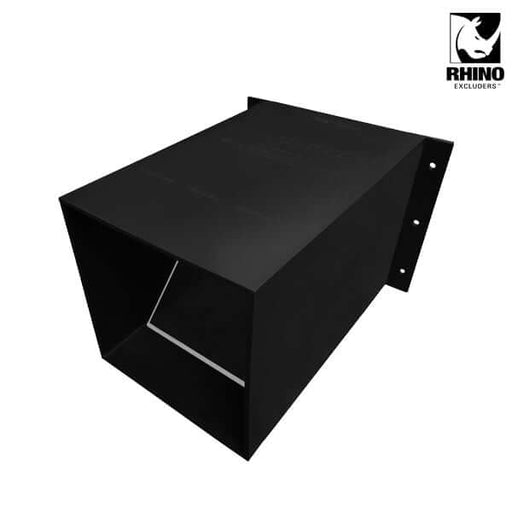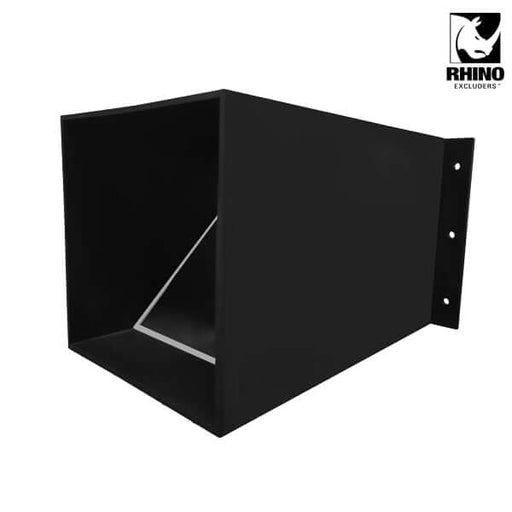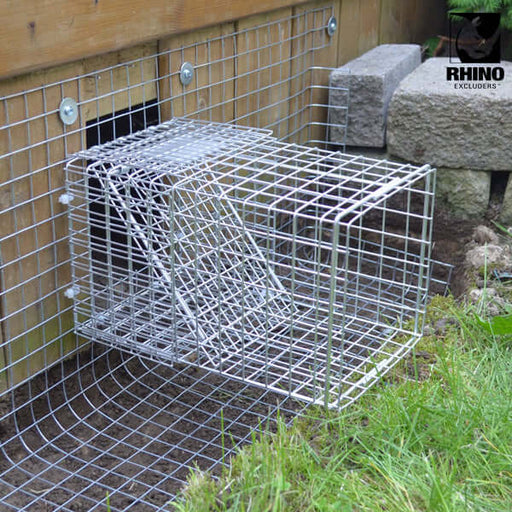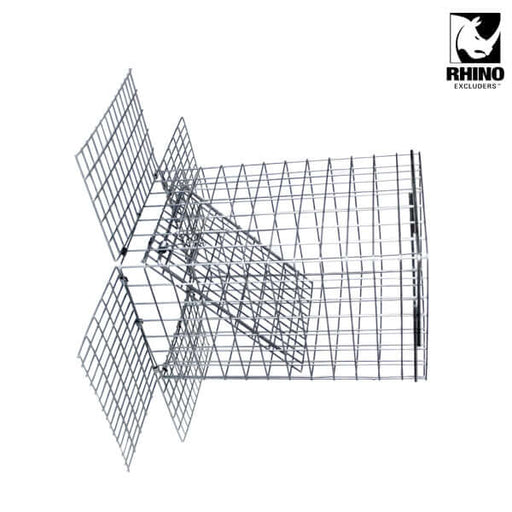
Are Opossums Blind? Knowing Facts From Myths
Opossum Anatomy 101
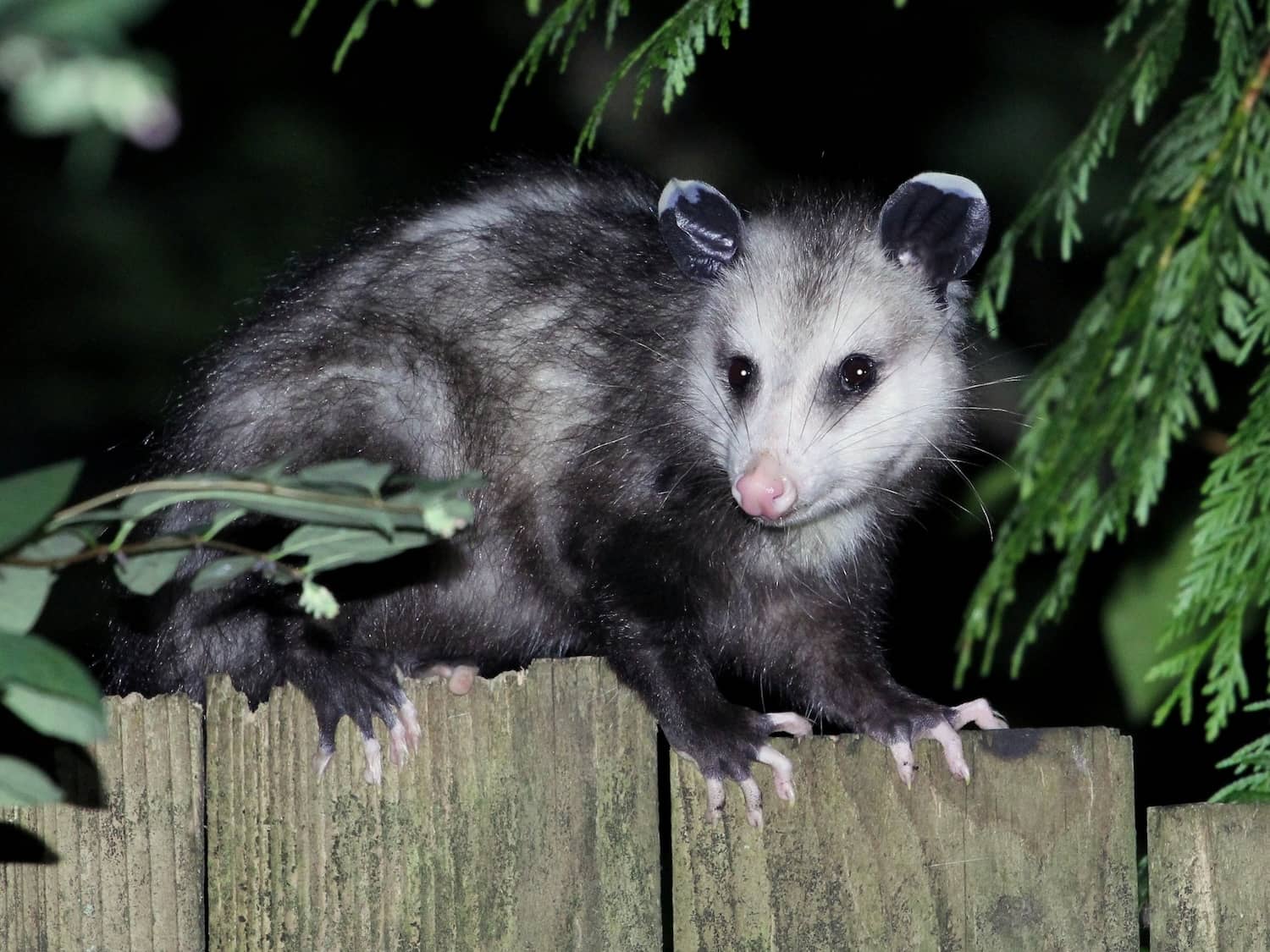
Deep Dive on Opossum Vision
Other Opossum Observations
Playing Dead as a Defense
Reproduction and Lifespan
Opossums and Humans

Backyard Best Practices
When to Call a Professional
- Persistent Opossum Presence – If you notice an opossum consistently returning to your property despite taking preventative measures, a wildlife professional can identify what's attracting it and help secure your space.
- Opossums in Your Home – Should an opossum find its way into your attic or basement, you'll want to safely remove the animal and seal any entry points to prevent future visits.
- Sick or Injured Opossums – If you come across an opossum that appears sick, injured, or behaves unusually aggressively, it's important to keep a safe distance and contact local animal control or a wildlife rehabilitation center.
- Large Opossum Populations – When multiple opossums have taken up residence on your property, it could indicate a larger issue that requires expert intervention to address potential health risks and property damage.
Conclusion
Rhino Excluders™ Collection
-
Original price $54.99Original price $54.99 - Original price $54.99Original price $54.99Current price $49.99$49.99 - $49.99Current price $49.99
R108 - Rhino Excluders® Raccoon One Way Door
Rhino Excluders®In stockABS Plastic body | Light weight | 10” x 8” x 1” Are you tired of dealing with persistent raccoon intrusions? Say goodbye to those frustrating encou...
View full detailsOriginal price $54.99Original price $54.99 - Original price $54.99Original price $54.99Current price $49.99$49.99 - $49.99Current price $49.99Save 9% -
Original price $32.99 - Original price $32.99Original price$32.99$32.99 - $32.99Current price $32.99
S33 - Rhino Excluders® One Way Squirrel Door
Rhino Excluders®In stockS33 Rhino Excluders® One Way Squirrel Door (for Squirrels, Chipmunks, Rats & Similar Size Rodents) 14 Gauge | 8” x 3” x 3” Introducing the S33 ...
View full detailsOriginal price $32.99 - Original price $32.99Original price$32.99$32.99 - $32.99Current price $32.99 -
Original price $24.99Original price $24.99 - Original price $24.99Original price $24.99Current price $21.99$21.99 - $21.99Current price $21.99
Rhino Excluders® BIRDCHUTE™ One Way Bird Door for removal of Birds
Rhino Excluders®In stockRhino Excluders® BIRDCHUTE™ One Way Bird Door Polypropylene (PP) Plastic body | 7” x 6.5” x 6.5” Birdchute™ One Way Bird Door is perfect for removi...
View full detailsOriginal price $24.99Original price $24.99 - Original price $24.99Original price $24.99Current price $21.99$21.99 - $21.99Current price $21.99Save 12% -
Original price $64.99Original price $64.99 - Original price $64.99Original price $64.99Current price $54.99$54.99 - $54.99Current price $54.99
Rhino Excluders® PROCHUTE™ One Way Door for removal of Raccoons, Skunks, Groundhogs, Opossums
Rhino Excluders®In stockRhino Excluders® PROCHUTE™ One Way Door Durable 5mm ABS Plastic body | 11” x 9” x 7” Prochute™ Excluder is perfect for removing raccoons, skunks, o...
View full detailsOriginal price $64.99Original price $64.99 - Original price $64.99Original price $64.99Current price $54.99$54.99 - $54.99Current price $54.99Save 15% -
Original price $55.00 - Original price $55.00Original price$55.00$55.00 - $55.00Current price $55.00
S77 - Rhino Excluders® One Way Door for Skunks, Groundhogs, Opossums
Rhino Excluders®In stockONE-WAY DOOR FOR SKUNKS, OPOSSUMS AND GROUNDHOGS 14 Gauge | 12” x 7” x 7” Best method of removing nuisance skunks, groundhogs and similar size anim...
View full detailsOriginal price $55.00 - Original price $55.00Original price$55.00$55.00 - $55.00Current price $55.00 -
Original price $34.99 - Original price $34.99Original price$34.99$34.99 - $34.99Current price $34.99
S35 Rhino Excluders® One Way Door For Squirrels, Chipmunks, Rats & Similar Size Rodents
Rhino Excluders®In stockS35 Rhino Excluders® One Way Door For Squirrels, Chipmunks, Rats & Similar Size Rodents 14 Gauge | 10” x 3.5” x 3.5” Introducing the S35 Rhino ...
View full detailsOriginal price $34.99 - Original price $34.99Original price$34.99$34.99 - $34.99Current price $34.99



